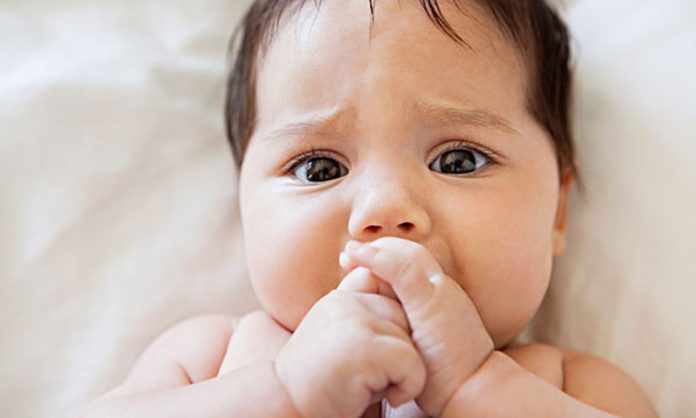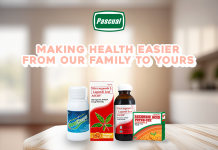By Mariel Uyquiengco
Parents have to wade through a lot of misinformation about raising children that it gets quite difficult to tell truth from fallacy. Examples are the pervasive teething myths that attempt to explain various ailments that a baby experiences when her first tooth erupts.
When my daughter had a mild but still unpleasant case of diarrhea when she was around four months old, the immediate and common explanation proffered by the more senior members of the family was it was because she was teething. It was the same when her second and third teeth made their appearance.
Though parents can just easily nod and accept the teething myths that blame the new cute tooth for fever, rashes, or diarrhea, it is best to investigate the veracity of such claims. Dr. Nina Tayag, a consultant at the Pediatric Dentistry Center Philippines and member of the Philippine Pediatric Dental Society Inc., says that teething by itself does not cause fever. She sheds some light on these common teething misconceptions.
It’s the Bacteria, Baby!
Dr. Tayag says that when a baby is teething, “the gums become very itchy and sometimes even sore or painful.” Relief comes with biting or chewing on something like a teether. In the absence of one, he settles for his hands.
Consider too that the first tooth comes out on a baby’s sixth month. This is the stage when he is exploring the world with his mouth as doing so gives him information like taste and texture. The problem with all this exploration is that his toys and hands might be dirty and could be carrying unwanted bacteria.
Bacteria, which enter the body easily through the mouth, cause infection that may manifest as a fever, diarrhea, or some other teething symptoms. As teething can be painful, the child may become irritable too. In such cases, Dr. Tayag says paracetamol, which is also prescribed for fever, may be taken to ease the pain.
Keeping Baby’s Things Clean
Now that we know the real enemy, it is time to be proactive and keep everything that is within our child’s reach very clean. When my children were still small, I had a rag that was just used for sanitizing their toys. I would spray it with a vinegar-and-baking-soda solution and swipe the bacteria away.
I was also ready with a hand sanitizer and some wipes every time we would go out. Cleaning a restaurant table or a grocery cart brought some dirty looks in our direction, but as the saying goes, it’s better to be safe than sorry.
Parents will continue to be faced with misinformation about rearing kids, and teething myths will probably always be around. It is best to consult the experts so ask your pediatrician or pediatric dentist for any questions you might have about your child’s dental health.
Mariel Uyquiengco hopes to inspire parents to be their children’s first and best teacher. She does this through her blog and online children’s book shop www.thelearningbasket.com and by giving parenting seminars about early childhood development, preschool homeschool, and raising children to be readers.





